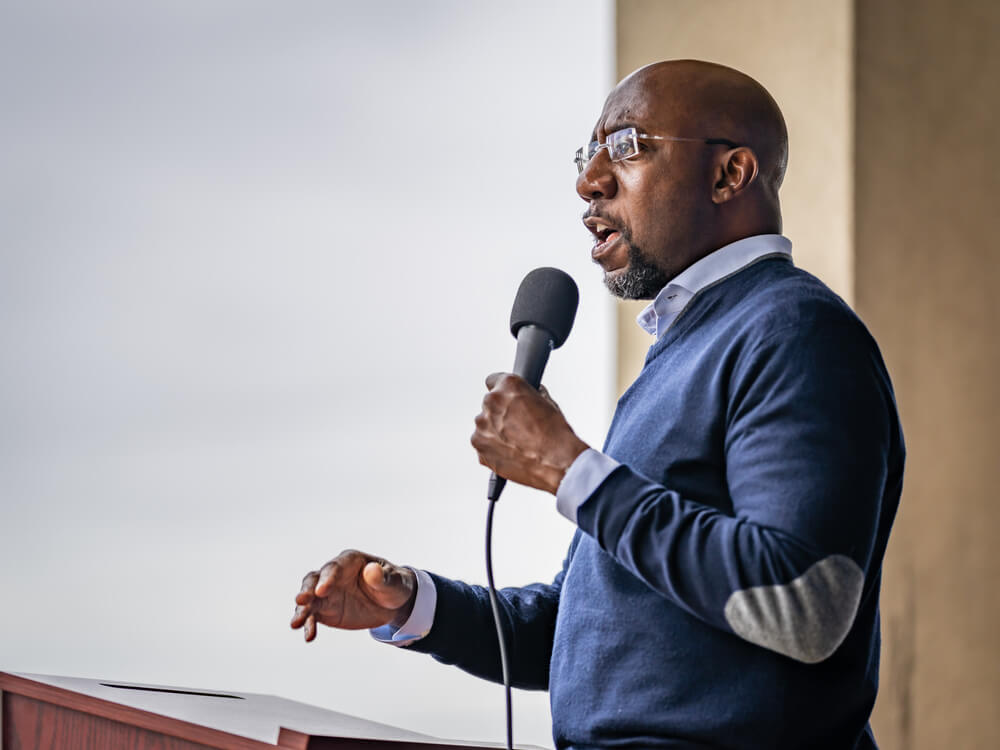As a user at a big company that needs to lock down its security, we get quarterly phishing emails that would tell you that you failed the test so to speak if you click the link. It shows how easy it is to everyday users of how easily an entire system can get compromised.
Having a “test” like this might not be bad if you run it by boss first?


















I, for real, want to know if there are any religious/spiritual people here commenting because yikes. I think a lot of people also interpreted your question to be about organized religion, and specifically christianity of the US variety. Please seek out other religious thoughts - I’ve found much Jewish thought on religion to be of interest. For myself, I’m not christian and not Jewish.
I’m religious because growing up, I adopted the values of the religion I was taught - values of kindness, openness, and inclusion. It’s as core a part of my being as my ways of cooking or socializing. To not be religious would feel like hiding parts of myself.
The routine of following the practices, as well as religion/spirituality being able to help us face the unknown we still have in our lives. It can provide internal strength and belief in our ability. I also find the routine a way to connect to my family, my culture, and to my day-to-day. My religious time is more a time of internal reflection on my own actions and if they align with my values. Do folks without a routine religious/spiritual practice do the same?
The community aspect some touched on is huge. I read a book, Palaces for the People, where it mentioned that those with strong social connections fare better in times of crisis. While there are institutions that are getting to the same influence of religious institutions, they are still far less impactful.
I guess this is all less a belief and more why do people still engage with religion. But why do we believe, what is the act of believing? I don’t have to believe that the sun will rise every morning, but, I do still believe it will rise every morning. Belief is a whole area of study alone I’m sure.